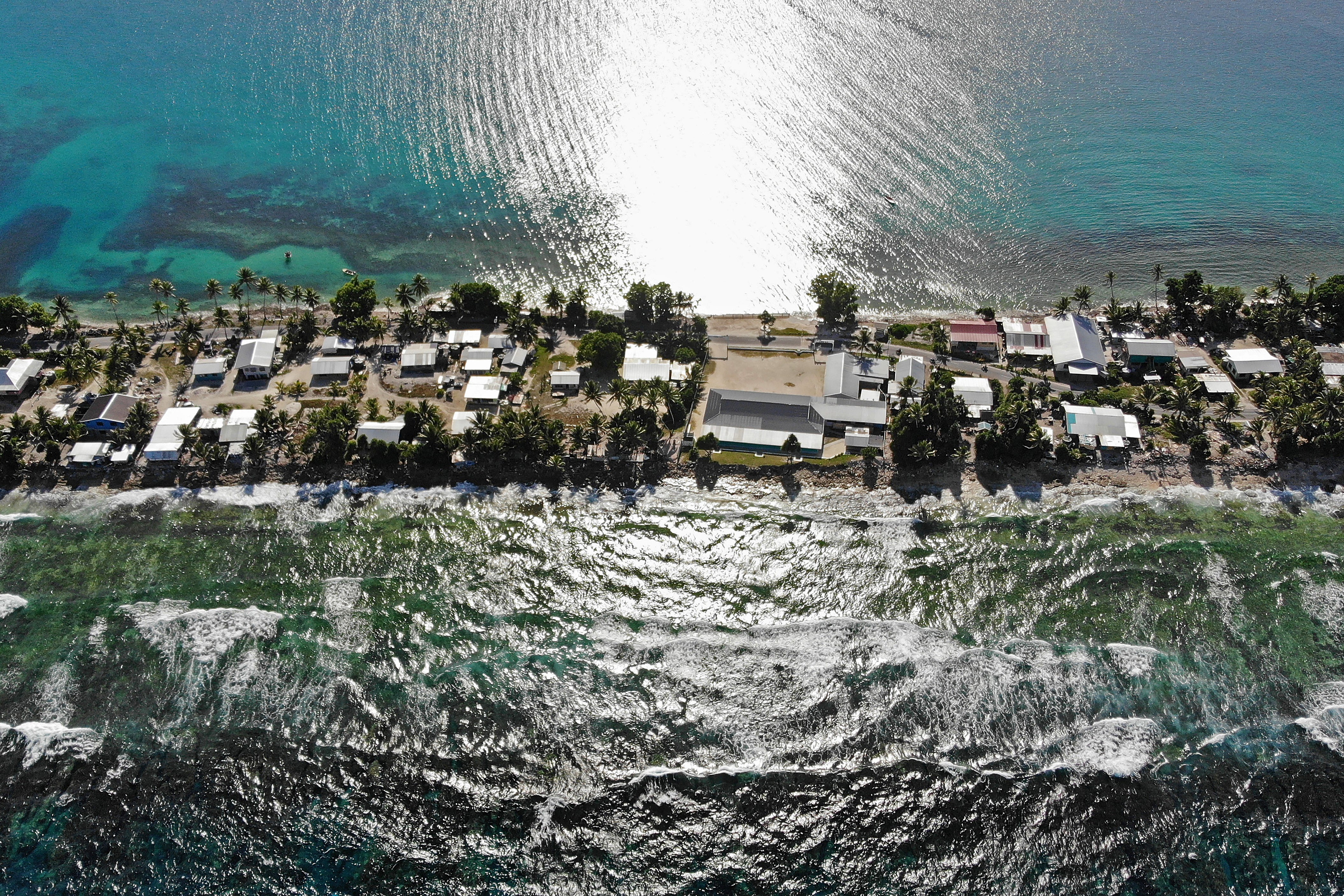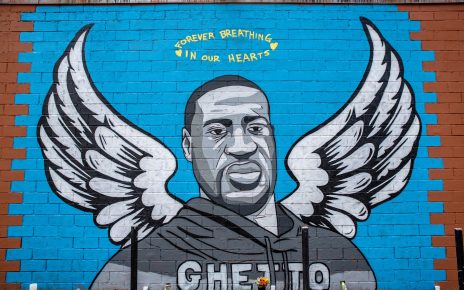
The United States frequently cites fear of liability to explain why it has so far been reluctant to support creating a new international fund for climate victims.
But some experts say that fear is misplaced.
Signing onto an U.N. agreement that creates a fund for “loss and damage” related to climate change won’t open a Pandora’s box of litigation for past greenhouse gas emissions, they say.
Saleemul Huq, who directs the Bangladesh-based International Centre for Climate Change and Development, dismissed the U.S. fears as a “bullshit argument.”
“Nobody is talking about liability and compensation,” he said. “It’s an old bugbear they have.”
U.S. resistance to a climate damages fund goes back years, including during negotiations over the landmark Paris climate accord. At the time, developing countries wanted to include language on liability for climate destruction wrought by wealthier countries in a provision of the text that deals with irreversible consequences of climate change—or loss and damage.
Developing nations secured a foothold for loss and damage in the 2015 Paris Agreement, but the U.S. delegation insisted on follow-on language that barred its inclusion from serving as the basis for future lawsuits.
The language, known as Decision 52, was part of the Paris summit’s side agreement. It states that the Paris Agreement’s section on loss and damage “does not involve or provide a basis for any liability or compensation.”
“The notion that there’s actual liability—and from liability flows compensation—is something that we didn’t agree with.,” said Todd Stern, who led the U.S. negotiating team at the Paris summit. “We just didn’t want to go there.”
That hesitancy continues through today.
At international climate talks in Glasgow, Scotland, that ended last weekend, U.S. officials resisted the call for a new dedicated fund for loss and damage. The result was an agreement to chart a future course on loss and damage through dialogues that developing countries and their advocates described as an unnecessary delay.
U.S. climate envoy John Kerry said at the end of the Glasgow summit that questions remain about the scope of a loss and damage fund. And he argued that there are ways to distribute climate aid through already-established channels.
“We also remain always thoughtful about the issue of liability and where this goes,” Kerry said in response to a question from E&E News.
Huq, of the Centre for Climate Change and Development, called the U.S. focus on avoiding liability “paranoid.” He said that since the Paris Agreement, developing countries have “never invoked liability and compensation as the basis for asking for funding for loss and damage” and instead “appealed to developed countries on the basis of a common humanity and a sense of solidarity.”
“It seems to me that the U.S. attitude toward us is to say that we know you are not saying liability and compensation but you are thinking it, and that is not acceptable,” he added.
The question of how a U.N. deal could create new legal headaches for the United States as the world’s largest historic greenhouse gas emitter is not straightforward. Conceptually, issues of loss and damage seem to point to emissions from countries that contributed the most to climate change over the last two centuries—including the United States.
Stern, of the U.S. negotiating team in Paris, said nothing in the accord bars plaintiffs from suing for damages related to climate change. It just seeks to prevent the international climate pact from being the basis for litigation because it addresses loss and damage.
“I assure you that as people decided to sue at some point, and there was no such language [in the Paris deal], they would point to Paris, not … to say this necessarily proves their case, but that it would be a factor or something to weigh in the balance,” he said. “And we’re just saying it doesn’t weigh in the balance.”
Dan Bodansky, a professor of law at Arizona State University, said that as the U.N. climate body begins financing loss and damage, that aid—donated by developed countries for poor nations damaged by emissions they’re largely responsible for—could be viewed as an obligation rather than a gift.
But questions of liability would be settled in national courts. And he said it was difficult to see how that could lead to successful litigation, particularly in the United States.
“I think in the U.S., it’s hard for me to imagine that courts are going to be relying on Glasgow decisions in any way, shape or form as the basis for making decisions or holding companies or the U.S. liable,” he said. “I just don’t think that’s at all likely.”
Michael Gerrard, director of the Sabin Center for Climate Change Law at Columbia University, was similarly skeptical.
“I could conceive of language and international agreement that would expose the U.S. to some liability, but I can’t conceive of the U.S. agreeing to any such language,” Gerrard said.
To make the Paris Agreement a basis for increased liability for climate-related damages, parties would need to adopt language that assigned developed countries responsibility for climate change and promised to reimburse developing countries for damages.
Simply creating a fund and contributing to it would not have that effect, Gerrard said.
Reprinted from E&E News with permission from POLITICO, LLC. Copyright 2021. E&E News provides essential news for energy and environment professionals.


